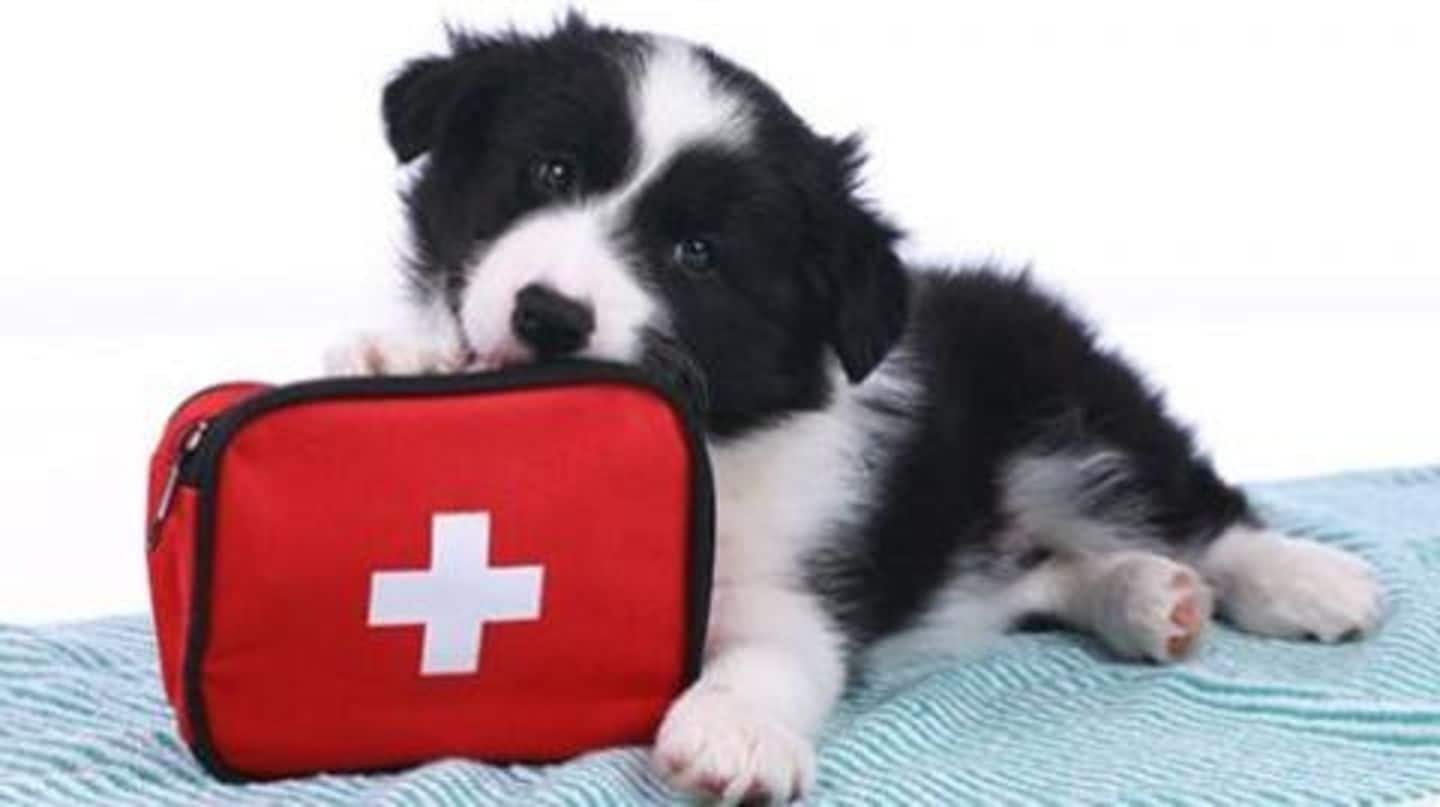
Simple first aid tips for pet parents
What's the story
Your pet deserves the best.
But when you bring a non-human mate home, you should be prepared for good as well as bad times.
Although we sincerely hope such a situation doesn't arise, but if your doggy or cat (or some other pet) falls sick, or gets hurt somehow, you should know what to do.
Here are simple first-aid tips for all pet parents.
#1,2
Reduce risk; Do not panic
Reduce risk: Lower risk of injury or infection by eliminating risky and harmful substances from your pet's environment.
Do not panic: In case some mishap takes place, do not panic - stay calm, think first, and then act. Jumping into a situation anxiously will further stress your pet. Talk in a soothing voice and react with a relaxed body language to comfort your friend.
#3,4
In case of broken bones and food poisoning
Broken bones: If your pet has a fracture or has broken a bone or two, avoid further injury by preventing the animal from running off. Further, put it on a flat surface and take it to the vet as soon as possible for treatment.
Poisoning: If you think your pet has ingested poison, avoid mouth-to-snout resuscitation, as it might cause contamination in yourself.
#5,6
In case your pet is vomiting or choking
Vomiting: If your pet has been vomiting, and you can't figure out why - try taking a sample of the vomit to the vet and get it checked for any poisons.
Choking: Meanwhile, if your pet is struggling to breathe properly, check for any foreign objects in its mouth. Try to remove it carefully, if possible. Otherwise, take your pet to the vet soon.
#7,8
In case of a heatstroke and bleeding wound
Heatstroke: If you witness signs of a heatstroke in your pet, such as panting, reddened gums and excessive drooling- try cooling it down using a damp, cool tower, until you reach the vet for treatment.
Bleeding: If your pet has a bleeding wound, place gauze on it and maintain pressure until bleeding slows down. Also, take it to the vet as soon as possible.